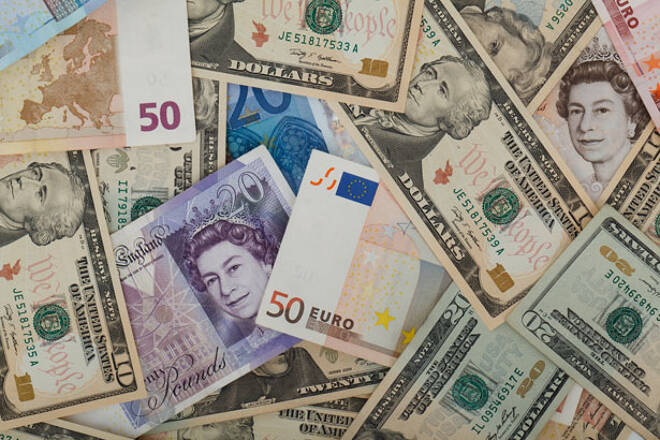Advertisement
Advertisement
Stocks Slump as Dollar Tumbles Following Trump Comments
By:
European stock markets are broadly down, following on from losses on most Asian markets. Uncertainty about future U.S. policies are weighing on sentiment
European stock markets are broadly down, following on from losses on most Asian markets. Uncertainty about future U.S. policies are weighing on sentiment and with reports indicating that U.K. Prime Minister May will announce a hard Brexit strategy today, investors are holding back and only the Italian MIB index is managing to hold stable. Financial and industrial stocks remain under pressure, after carmakers already led yesterday’s decline following Trumps warning of a boarder tax for cars produced in Mexico and sold in the U.S. Oil prices are up on the day, and WTI is trading around the USD 53 per barrel mark.
The dollar tumbled following the release of an interview with the WSJ on the corporate tax plan. While most of the article reflected, the Presidents Elects displeasure with the Republican border adjustment plan, the President Elect did say he thought the dollar was too strong. He went on to say that he though the Chinese were holding their currency down which was why the greenback was elevated.
WTI crude oil is higher by 1.4%, at 53.11, earlier logging a three-session peak at 53.34 and bringing last week’s high at 53.50 back into scope. Underpinning is a generally weaker dollar, which has been seen after Trump complained that the currency was “too strong” in a WSJ interview. Remarks form a Saudi official that his country would strictly implement the agreed output cut is also in the mix.
German ZEW Investor Confidence Improved in January
German ZEW investor confidence improved to 16.6 in January, up from 13.8 in the previous month, but still falling short of expectations for an improvement to 18.0. The current conditions indicator by contrast came in much higher than anticipated and the divergence highlights that while the German economy continues to look very robust going into 2017, uncertainty remains high and the balance of risks tilted to the downside amid the changing global political landscape. Interestingly the breakdown showed that the reading for inflation expectations fell back again, and expectations for short term rates are rising.
UK inflation spiked to a new cycle high of 1.6% year over year in the headline CPI reading for December, the highest rate since July 2014 and up from 1.2% in November. The median forecast had been for a more modest acceleration to 1.4% year over year. The core CPI figure also spiked to 1.6% year over year from 1.2%, and similarly surpassed the median expectation by 0.2 of a percentage point. The rise in the core figure shows that positive base effects from higher year over year oil price comparisons isn’t the only reflationary factor at play, with year over year weakness in sterling also in the mix. PPI input data showed a 15.8% year over year rise, up from 13.3% in November, and PPI output prices lifted to 2.7% year over year from 2.4%.
About the Author
David Beckerauthor
David Becker focuses his attention on various consulting and portfolio management activities at Fortuity LLC, where he currently provides oversight for a multimillion-dollar portfolio consisting of commodities, debt, equities, real estate, and more.
Advertisement
